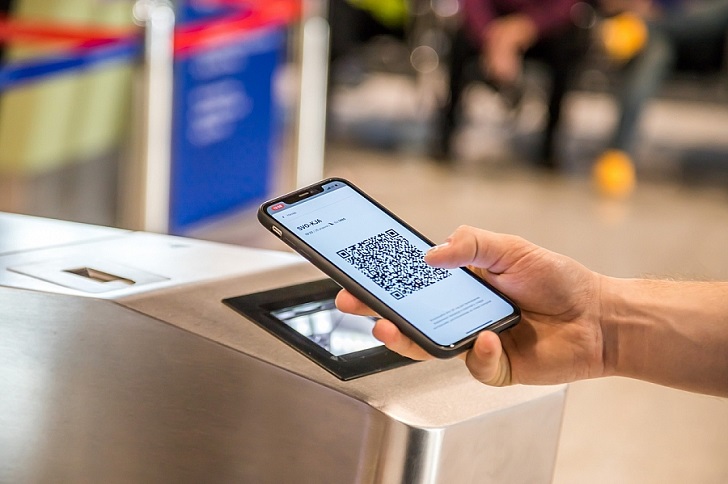Do you ever feel like you’re speaking a foreign language when someone throws out an unfamiliar airport code? Don’t worry – this is something nearly everyone experiences at least once.
For frequent flyers, understanding the meaning behind these codes is not only crucial for air travel but also necessary for part of their everyday vocabulary. Fasten your seatbelt, grab a snack from our snack cart, and get ready to explore the importance of these airport codes!

Identifying Airports
The International Air Transport Association (IATA) is responsible for assigning codes to airports worldwide. These codes are used to identify airports in a standardized way, making it easier for travelers to navigate the global air travel system.
Without airport codes, it would be challenging for airlines, travel agents, and passengers to identify specific airports and coordinate flights.
The Importance of Location
Airport codes are usually based on the name of the airport or the city they serve. For example, the airport code for London Heathrow Airport is LHR, while the code for Los Angeles International Airport is LAX.
The first letter of the code represents the continent, while the second and third letters are chosen to identify the specific airport. This makes it easy to identify the location of an airport, even if you are unfamiliar with the city or country.

Efficient Communication
Airport codes are essential for efficient communication between airlines, air traffic controllers, and other personnel involved in air travel. They are used to identify airports during radio communication, and they are also used in flight plans, baggage tags, and other documents related to air travel.
Using standardized airport codes, airlines and other organizations can ensure that everyone involved in a flight has accurate information about the airport’s location and itinerary.
Saves Time and Effort
When booking a flight or searching for information about an airport, travelers can quickly identify the correct airport by using its code. This saves time and effort compared to searching for the full name of the airport or city, especially if the traveler is unfamiliar with the area.
Using airport codes, travelers can also quickly identify the correct airport when making connections, which can be especially helpful when traveling to unfamiliar destinations.

Safety and Security
In addition to facilitating air travel, airport codes are important for safety and security reasons. In an emergency, air traffic controllers and other personnel can quickly identify the location of an airport by its code.
This information is essential for coordinating emergency response efforts and ensuring the safety of passengers and crew members. Airport codes also identify airports in security protocols, ensuring that passengers and luggage are correctly screened before boarding flights.
Ensuring Accurate Baggage Handling
Airport codes are used on baggage tags to identify the destination airport and ensure that baggage is correctly routed. Using airport codes, baggage handlers can quickly identify the correct airport and ensure that baggage is loaded onto the correct flight.
This helps prevent lost baggage and ensures that travelers receive their luggage when they arrive.





